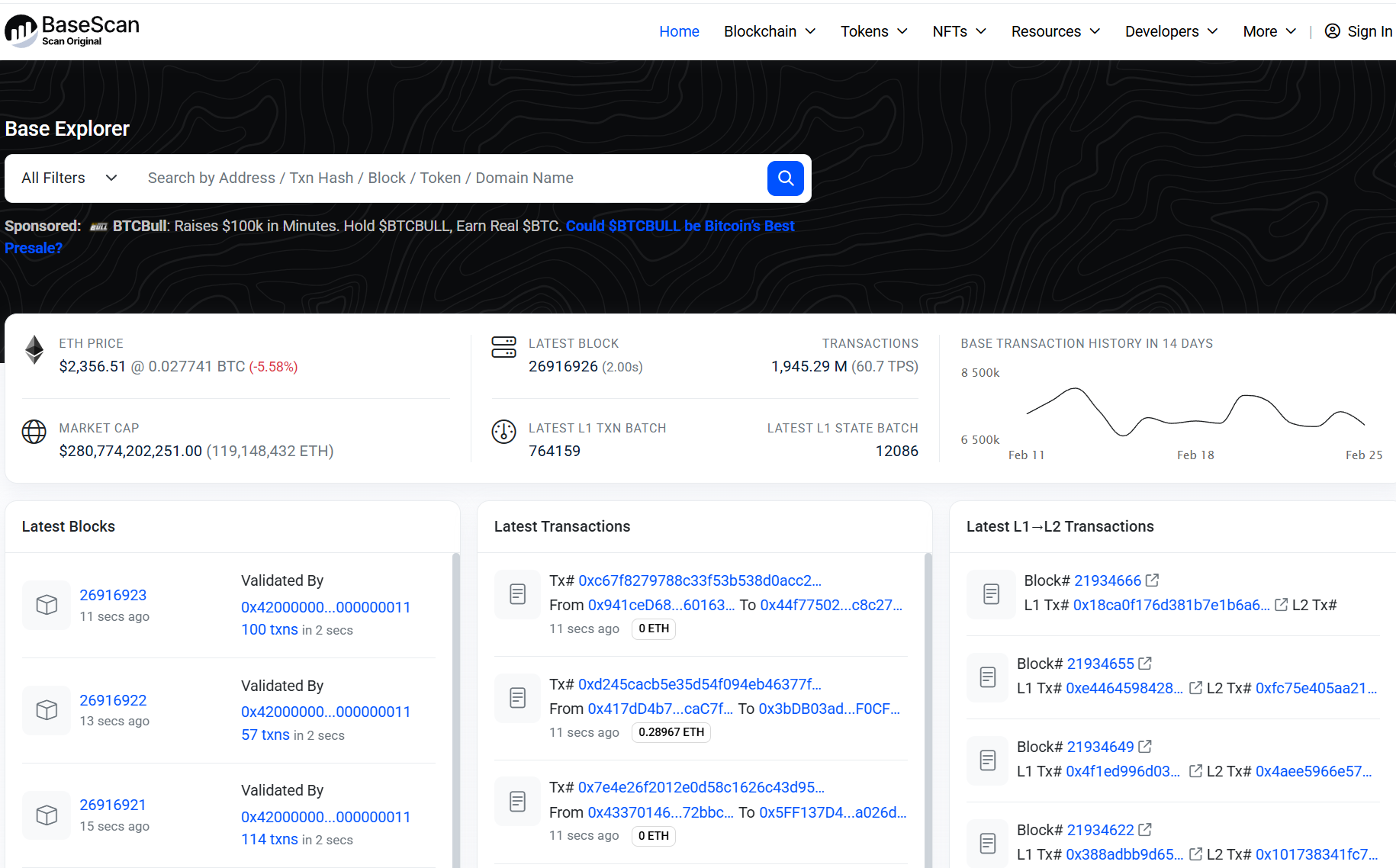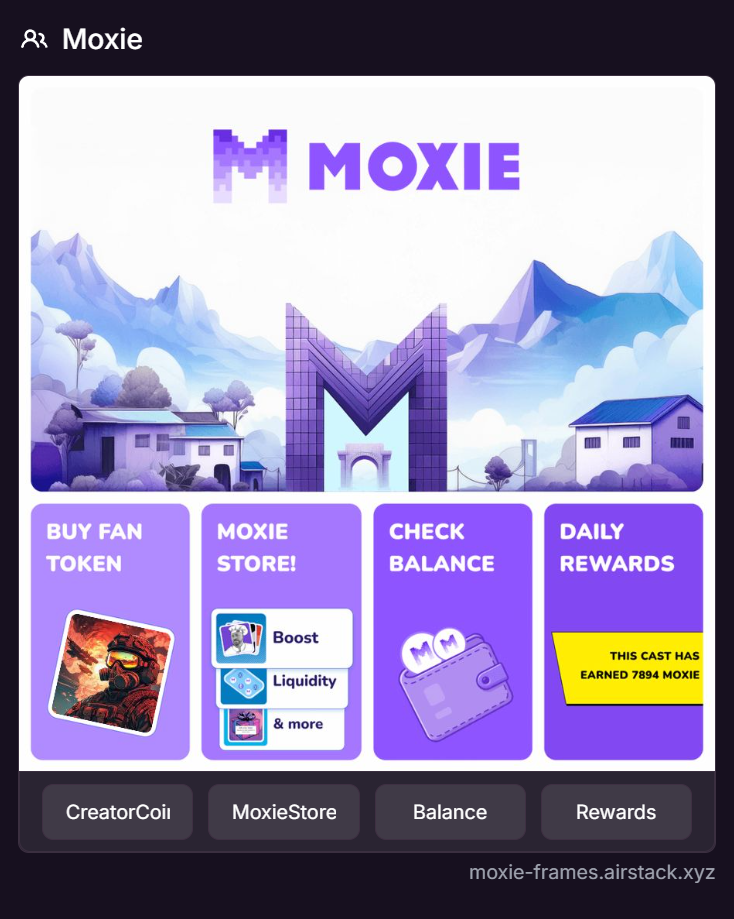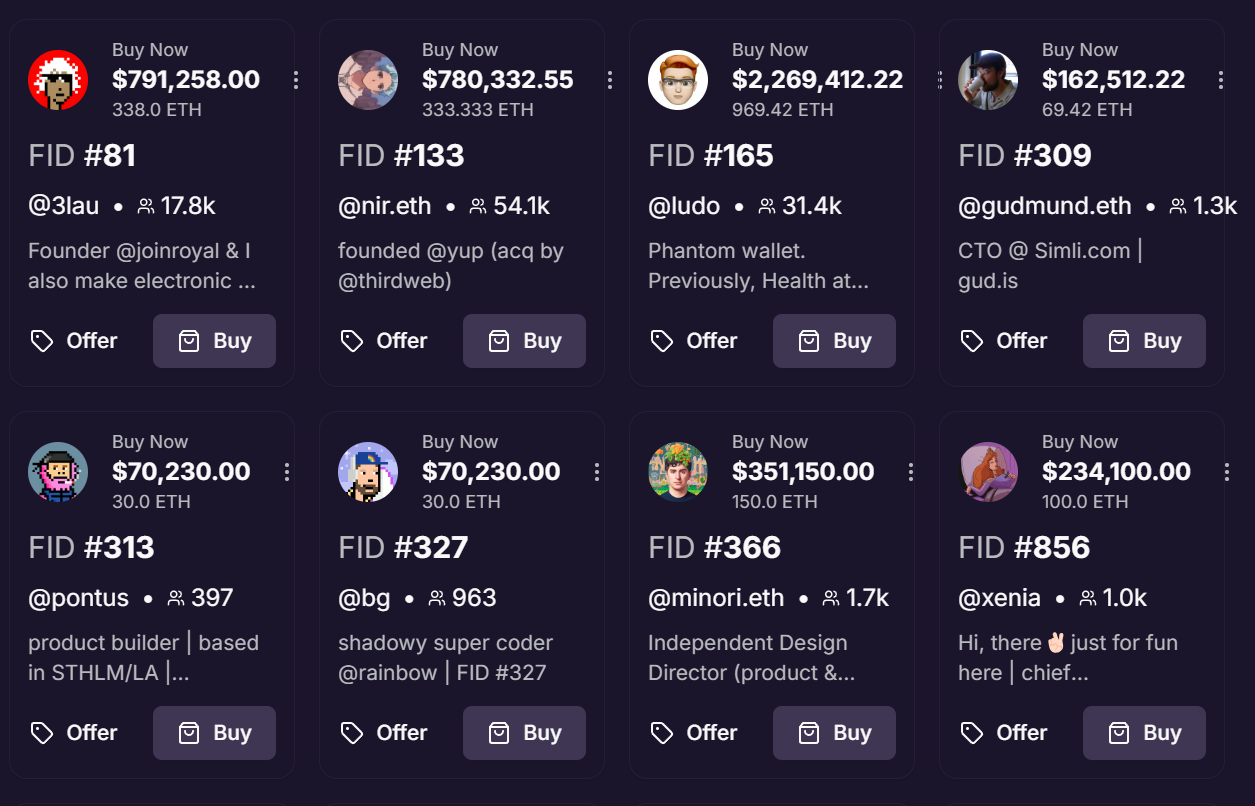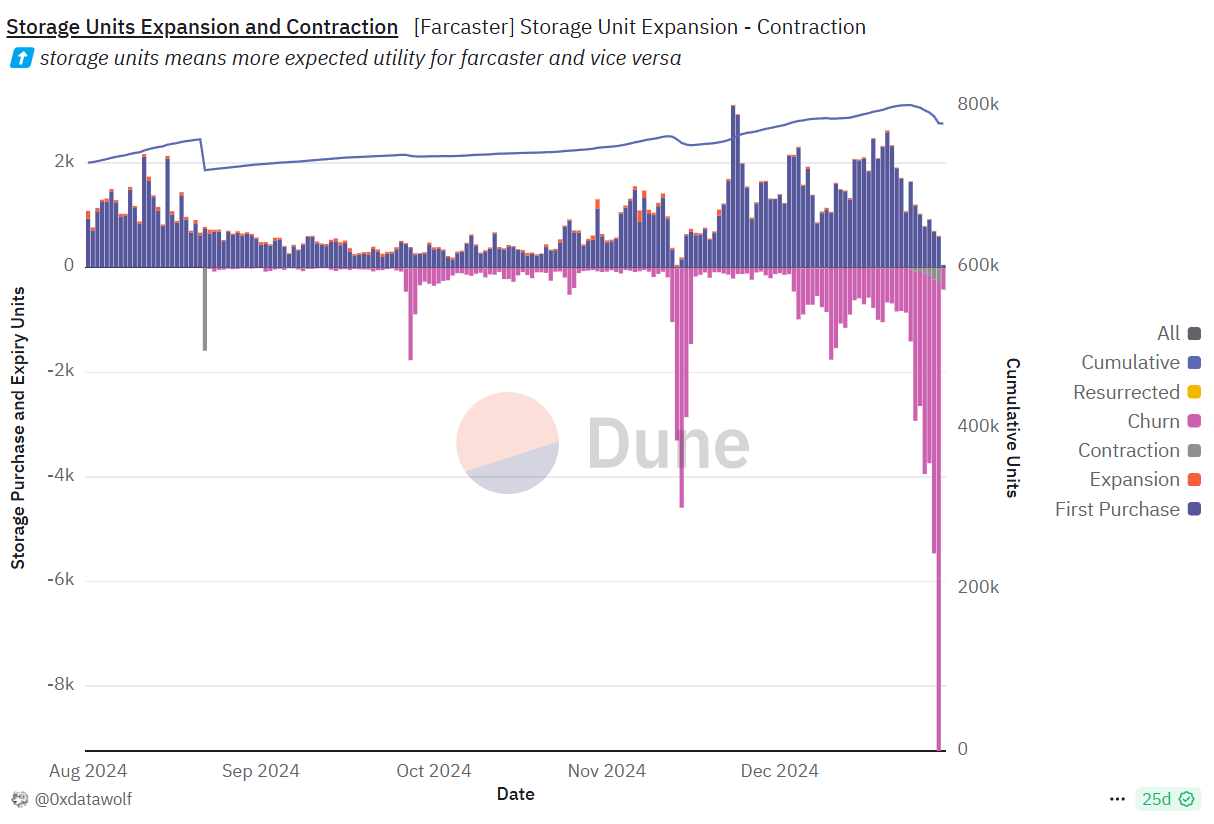The crypto world is experiencing a wave of radical transformation, and two standout names leading this revolution are Farcaster and Base. Farcaster, a decentralized social networking protocol, and Base, Coinbase’s layer-2 scaling solution, are joining forces to elevate the concept of “onchain” – where everything happens directly on the blockchain – to new heights. But why are these two platforms considered game changers? Let’s dive into how they work, real-world examples that showcase their power, and the potential they hold for the future of crypto.
1. What is Onchain and Why Does It Matter?
First and foremost, “onchain” means that all activities – from transactions and data storage to social interactions – are recorded directly on the blockchain, ensuring transparency and immutability. This is a stark contrast to traditional (Web2) systems, where data is typically controlled by large corporations like Meta or Google. In the crypto world, onchain technology empowers users with control and enables seamless interaction.

Farcaster and Base leverage the power of onchain technology to create innovative experiences. Farcaster builds a decentralized social network where users own their identity and content, while Base provides a fast, low-cost, and accessible layer-2 platform to facilitate onchain activities. Together, they are ushering in a new era for both users and developers.
2. Farcaster: The Onchain Social Network Transforming How We Connect
Farcaster is not just a blockchain-based version of Twitter or Facebook. It is a protocol that allows anyone to build decentralized social applications with securely stored and transparent data. The most notable application of Farcaster today is Warpcast, where users can “cast” (post), like, and share content just like on traditional social networks – but everything happens onchain.

A Notable Use Case
In January 2024, Farcaster launched Frames, a feature that allows users to interact directly with mini-apps within Warpcast’s timeline without leaving the platform. One famous Frame is “Girl Scout Cookies”, where users can purchase cookies with a single click from a post – the transaction is completed onchain via an Ethereum wallet. Another example is the “NFT Mint” Frame, which enables users to mint gas-free NFTs directly within Warpcast.
The results? Within 10 days of Frames' launch, Farcaster’s daily active users surged by 400%, from a few thousand to tens of thousands, according to Dune Analytics data.
Farcaster has also gained traction with FID (Farcaster ID) – a unique digital identity in NFT form. Low-digit FIDs (such as FID 4323) have been sold for nearly $7,000 on the Farmarket marketplace in early 2024, highlighting the value the community places on scarce onchain identities. This explosion in engagement proves that Farcaster is more than just a social network – it’s a hub for digital creativity and the onchain economy.
3. Base: The Layer-2 Engine Powering the Onchain Revolution
Base, launched by Coinbase in February 2023, is a layer-2 solution built on Optimism’s OP Stack, designed to reduce costs and increase transaction speeds on Ethereum. With a mission to be the “home” for onchain products, Base is becoming the go-to platform for projects like Farcaster.

An Impactful Example:
The “Onchain Summer” event in August 2023 demonstrated Base’s potential. Over 23 days, more than 700,000 NFTs were minted by 268,000 users, featuring major brands like Coca-Cola (with 80,000 mints) and Parallel. Since its launch, Base has facilitated the creation of 72.7 million NFTs, according to nft.vn. Thanks to its low transaction fees (often under $0.01) and fast processing speeds, Base has become a top choice for large-scale onchain applications.
Another example is its integration with Farcaster. Many Frames on Warpcast operate on Base, taking advantage of its rapid and cost-effective transaction processing. For instance, when minting an NFT through the “NFT Mint” Frame, the transaction is confirmed almost instantly on Base, rather than taking minutes and incurring high fees on Ethereum’s mainnet. This shows that Base is not just a technical platform – it’s a bridge that brings onchain experiences closer to everyday users.
4. Why Are Farcaster and Base Changing the Game?
The combination of Farcaster and Base is creating an onchain ecosystem where users not only consume content but also actively participate in the digital economy. Here’s why they’re game changers:
- Seamless Interaction: Users can chat, play games, and shop – all within a platform like Warpcast, thanks to Base’s speed and low costs. For example, the “Moxie” Frame allows users to engage with the Moxie protocol directly in a post, earning or spending MOXIE tokens (an ERC-20 token on Base) for actions like joining exclusive channels or rewarding creators, seamlessly integrating social interaction with an onchain economy.

- True Ownership: With Farcaster, your identity (FID) and content are digital assets you own, not controlled by a corporation. Base efficiently facilitates the storage and transfer of these assets.

- Opportunities for Developers: Tools like Base’s OnchainKit enable developers to build onchain applications in just 10 minutes, as Base founder Jesse Pollak shared on X in February 2025. This opens the door to millions of new applications.
A Recent Development:
In February 2025, Clanker – a platform using AI to create tokens on Farcaster – was mentioned by Coinbase. Clanker leverages Base as its layer-2 solution for rapid token transactions, demonstrating the powerful synergy between AI, Farcaster, and Base. If the predicted “Base Season” materializes in March 2025, projects like Clanker could lead the next onchain wave.
5. Challenges and the Road Ahead
Despite their promise, Farcaster and Base face challenges. Farcaster saw a drop in activity after its initial 2024 boom, as new users struggled to maintain long-term engagement, according to 0xdatawolf on Dune Analytics. Base, while cheap and fast, still relies on Ethereum and must compete with other layer-2 solutions like Arbitrum and Polygon.

However, with Coinbase backing Base and the crypto community driving Farcaster, both platforms hold significant advantages. If Farcaster continues expanding Frames and Base attracts more projects like Clanker, 2025 could be the year onchain technology truly takes off.
Conclusion: The Revolution Has Begun
Farcaster and Base are not just technical tools – they symbolize an onchain future where users have control, and developers can create without limits. From buying cookies through Frames and gas-free NFT minting to AI-powered token creation on Clanker, real-world examples show how they are transforming crypto interactions. The game has changed, and Farcaster and Base are leading the way. Are you ready to join the revolution?